For stay-at-home moms, apps can offer valuable support in managing household tasks, staying connected, and even exploring career opportunities.
My mother gave birth to five children within ten years… Yes, I admire her. Her words are deeply etched in me: “Once you forget how to write your name, you’ll understand what it means to be a stay-at-home mom.” She always said it laughing, but let’s not kid ourselves—it really did happen to her. One day, after X years of raising kids, she was receiving a package and simply couldn’t sign her name for the delivery guy…
My mom lived in a village, in a house with a garden. She made traditional hungarian fermented pickles and she didn’t have to commute to work. (And no, I’m not going to say she “didn’t work,” because being a stay-at-home mom is work—oh boy, is it ever.)
Thirty years later, I live in the middle of a big city with one child, working online—and basically, every one of my clients is my boss. I love them, I really do, but let’s be real: that’s the situation. And I still have to handle all the household tasks too. And I know I’m not the only one…
I believe there isn’t a single mom who doesn’t find some part of motherhood hard (and sure, same goes for dads… but that’s a topic for another magazine). Our life situations might differ, but there are those soul-deep changes in a woman’s life that come with having a child—and we often get zero support navigating them. But we still have to figure it all out.
Like I said earlier, I have one child and I work online. For years I worked from home—from our apartment—which, honestly, really took a toll on me. But I know some moms for whom working from home is salvation. We’re all different.
While I was writing this article, I got curious about what kind of research exists on the topic. Luckily, I found a few studies. And based on those, I’ll also share the best apps for stay-at-home moms.

Understanding the Needs of Stay-at-Home Moms
Stress and Overload
According to research, mental overload and stress levels are exceptionally high among stay-at-home moms. A Gallup survey revealed that 28% of stay-at-home mothers reported experiencing depression, compared to 17% of working moms, while stress affects up to 50% in this group. Neurohormonal studies show that just the presence of a child increases cortisol (the stress hormone) levels, which amplifies the feeling of stress at home. The so-called „mental load” — the invisible mental burden of household and child-rearing tasks — places significant psychological and physical strain on mothers, paving a direct path to chronic burnout (parental burnout).
Emotional Challenges
Developmental psychology research highlights that stay-at-home moms often experience isolation, loneliness, loss of identity, and burnout. According to a U.S. JAMA Internal Medicine study, the rate of “excellent” mental health dropped from 38% to 26% between 2016 and 2023, while the rate of “poor” mental health rose from 5.5% to 8.5%. Modern motherhood is often accompanied by emotional vulnerability, which is further intensified by societal expectations—like the ideal of the “perfect mom.”
Work and Family Balance
The lack of balance between work and family further increases the risk of stress and mental health issues. According to a 2024 BMC Psychology study, work–family balance has a positive impact on mental health: it reduces depression, stress, and sleep problems while boosting happiness and motivation. However, structural factors — such as gender roles, tax systems, or the lack of childcare options — create significant obstacles for mothers, making it difficult for many to achieve the desired balance.

Strategies for solving the challenges of stay-at-home moms
Physical activity
Regular physical activity has been proven to reduce stress hormones (like cortisol) levels, while increasing endorphins, which improve mood and overall health. Several studies show that physical activity is linked to a more favorable cortisol stress response, and with consistent exercise, cortisol levels decrease, helping to reduce stress and boost mood.
Mindfulness and meditation
Mindfulness-based stress reduction (MBSR) programs and meditation effectively reduce anxiety, improve emotional regulation, and enhance concentration. A 2020 systematic review and meta-analysis showed that mindfulness meditation significantly lowers stress, anxiety, and depression while boosting attention and emotional balance.
Organization
Structured daily routines, delegating tasks, and optimizing household logistics reduce cognitive load and stress. While most research focuses mainly on stress reduction, an organized lifestyle helps improve mental well-being by easing cognitive overload.
Social support
Social connections, such as regularly keeping in touch with other moms, participating in community programs, or joining support groups, significantly reduce feelings of isolation. Social support provides emotional security, understanding, and practical help, which are crucial for maintaining mental health.
| Area | Key Findings |
|---|---|
| Objective stress markers | Increased cortisol levels in the presence of children |
| Mental health | Higher rates of depression and anxiety among stay-at-home moms (SAHMs) |
| Burnout phenomenon | Characterized by chronic exhaustion – linked to societal expectations |
| Mental load | Invisible tasks act as a mental burden |
| Interventions | Sleep, exercise, and partner support reduce stress |

The Best Apps for Stay-at-Home Moms in 2025
Although we can’t really change things like tax laws, daycare systems, and other mostly governmental matters, we can still help ourselves. Based on the studies mentioned earlier, there are tools and apps designed to tackle the problems we talked about and offer real support.
Organization and Time Management apps for stay at home moms
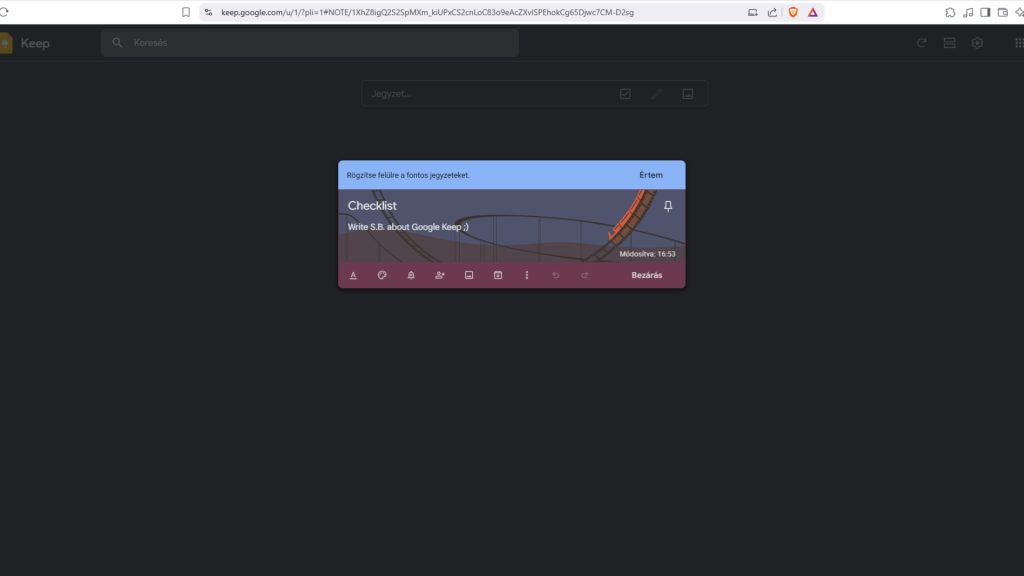
- Google Keep: A simple note-taking app. Visually appealing and customizable to-do lists that integrate seamlessly with other Google tools.
- Cozi Family Organizer: The best family calendar app. It also includes a meal planner and shopping list. In my opinion, using this app helps reduce communication and organizational stress.
- Trello: This app is mainly used for business projects, but you can definitely use it to organize your family life as well. It’s one of the best visual project management tools out there.
Other management apps
Health and Fitness apps for stay at home moms

- Nike Training Club: Free, expert-recommended workout programs for all fitness levels. Offers a wide variety of exercises and progress tracking.
- FitOn: Live and on-demand workouts with community support and authentic trainers.
- 7 Minute Workout: Quick, effective, no-equipment workouts perfect for busy schedules — with or without the little one.
Other workout apps
Nutrition and Meal Planning
- MyFitnessPal: A calorie counter and meal tracker with a vast food database and integration with fitness devices.
- Lifesum: Personalized meal plans and health tracking. A platform that supports and monitors behavior change, with additional useful features you can see in the video.
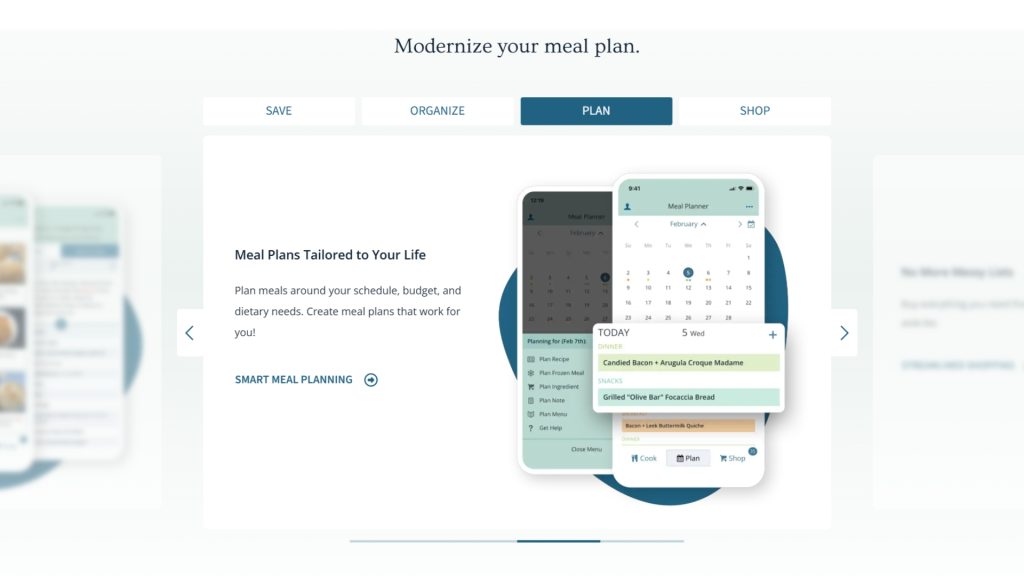
- Plan to Eat: Recipe organization, meal planning, and automated shopping lists. The planning feature is the most useful for me, especially when every family member has a different schedule.
Mental Health and Mindfulness
- Headspace: Guided meditations and mindfulness exercises with clinically proven stress-reducing effects. Definitely my personal favorite…
- Calm: Meditations, bedtime stories, and relaxing sounds to improve sleep quality.
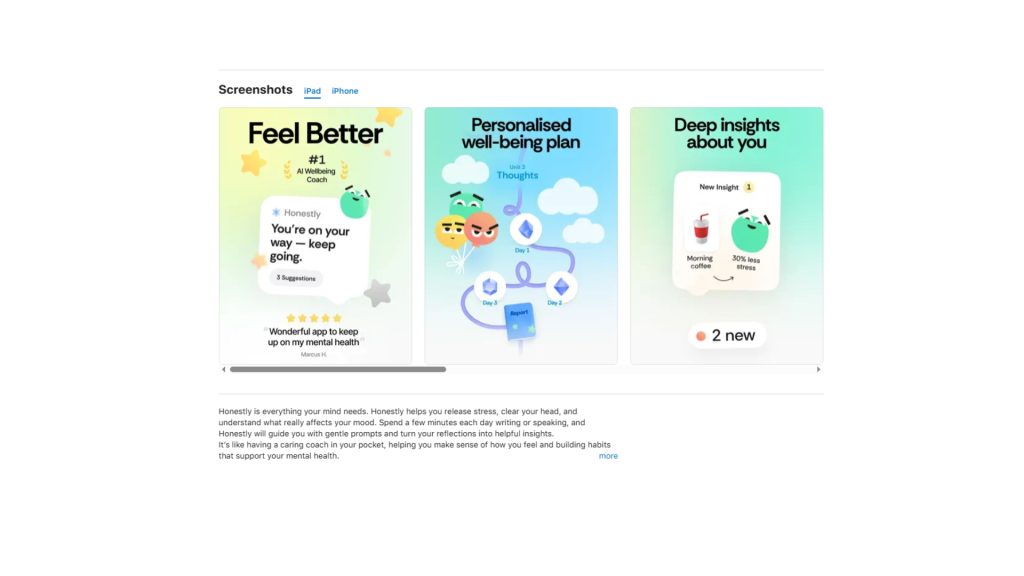
- Honestly – AI Daily Journal: An AI-powered journaling app that helps you recognize emotional patterns.
Other Mental Health Support Apps
Social Support
Peanut: Check out the numbers at the start of the video… I didn’t know about this when my daughter was born… One thing I’m telling you: Use it!
It’s a social network just for moms, where they can share experiences and get support for any problem they face.
Financial Well-being
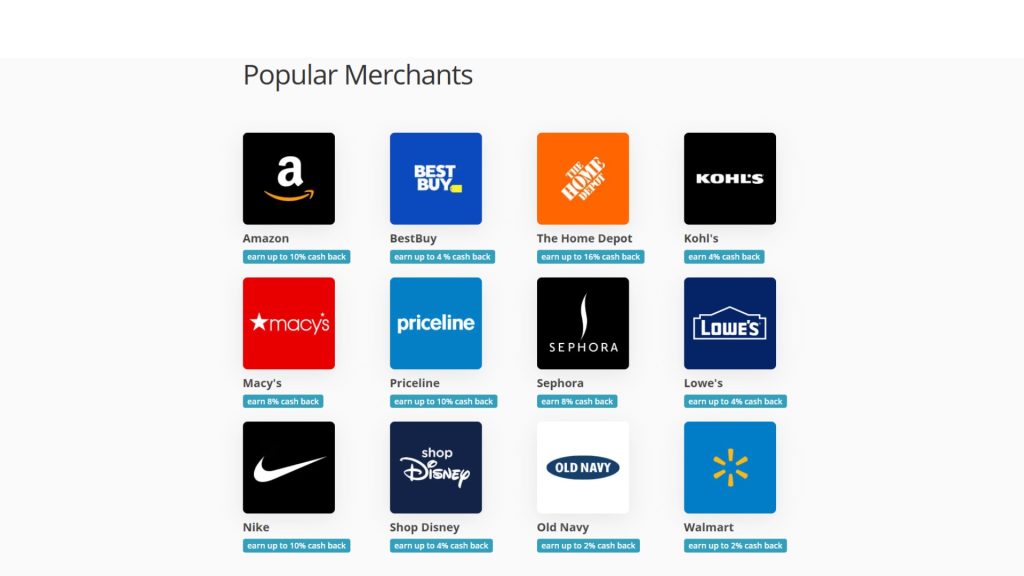
- Swagbucks: Rewards for completing surveys and online tasks, plus cashback.
- Fiverr: Freelance jobs with flexible scheduling, offering opportunities to work from home.
Other Useful Apps:
So, which is the best app for a stay-at-home mom?
In short: You decide.
We’re all different. We have different strengths, weaknesses, and needs. And that’s what makes it beautiful.
To find the app that fits you best, try these steps:
- Reflect on what you need most: Is it organization, health, community, or finances?
- Check expert recommendations (like the ones above).
- Read reviews from other moms – they’ve been there, done that, and have honest opinions.
There’s no one-size-fits-all. But with the right tools, even the most chaotic day can become just a little smoother.
Summary: A Better Future for Stay-at-Home Moms in 2025
The challenges are real.
But I truly believe that with the right tools, we can create meaningful change – making our daily lives smoother, our mental state more stable, and our overall wellbeing more complete.
With these research-based, expert-recommended apps, stay-at-home moms can lead more balanced, healthier, and more intentional lives.
The mental and physical load of stay-at-home moms is often invisible – but that doesn’t make it any less real. Science confirms it too: motherhood is a full-time job, with constant emotional overtime. Stress, isolation, and burnout are real risks – but you don’t have to face them alone.
Whether it’s time management, movement, or meal planning, there are now countless digital tools that support mental health, daily routines, and the path to restoring your balance.
Don’t forget:
Taking care of yourself isn’t selfish – it’s a survival strategy.
Motherhood isn’t a sprint, but long-term presence – for yourself too, not just for others.
FAQ
1. Why is stress and mental overload higher among stay-at-home moms?
Stay-at-home moms experience higher levels of mental overload and stress because the mere presence of a child increases cortisol (the stress hormone) levels. In addition, the “mental load” — the invisible mental burden of managing household and parenting tasks — places significant psychological and physical strain on mothers, which can lead to chronic burnout
2.What emotional challenges do stay-at-home moms face?
Feelings of isolation, loneliness, loss of identity, and emotional exhaustion are common. Social expectations — such as the ideal of being the “perfect mom” — further intensify emotional vulnerability, which can lead to a decline in mental health.
3.How does the balance between work and family affect mothers’ mental health?
A lack of balance between work and family increases the risk of stress and depression, while a more balanced situation reduces these risks and improves sleep quality, happiness, and motivation. However, structural barriers — such as traditional gender roles or limited access to childcare — often make achieving this balance more difficult.
4. What effective strategies can help stay-at-home moms reduce stress?
Regular physical activity lowers cortisol levels and improves mood; mindfulness and meditation help alleviate anxiety and depression; effective organization and task delegation reduce mental overload; and social support eases feelings of isolation.
5. Which apps can help stay-at-home moms with organization and time management?
Popular apps include Google Keep, which serves as a simple note-taking tool; Cozi Family Organizer, offering a family calendar, meal planner, and shopping lists; and Trello, a visual project management tool that can be used for organizing family tasks.
6. What fitness apps are recommended for stay-at-home moms?
Nike Training Club offers free expert-led workout programs, FitOn provides live and on-demand workouts with community support, and 7 Minute Workout helps with quick, equipment-free exercises for a busy schedule.
7. How can apps support stay-at-home moms with nutrition and meal planning?
MyFitnessPal offers calorie counting and meal tracking features, Lifesum provides personalized meal plans and health monitoring, and Plan to Eat helps with family meal planning by organizing recipes and automating shopping lists.
8. What kind of mental health support do apps designed for stay-at-home moms provide?
Headspace offers guided meditations and mindfulness exercises, Calm provides relaxation sounds and bedtime stories, while Honestly AI Daily Journal uses artificial intelligence to support the recognition of emotional patterns.
9. Why is social support important for maintaining the mental health of stay-at-home mothers?
Social connections, such as regular contact with other mothers or joining support groups, reduce feelings of isolation, provide emotional security, and offer practical help — all of which are crucial for mental well-being.
10. What financial and labor market opportunities can support stay-at-home moms?
Apps like Rakuten offer cashback on purchases, Swagbucks rewards users for surveys, and Fiverr provides freelance, work-from-home opportunities with flexible schedules — all helping to improve financial well-being.








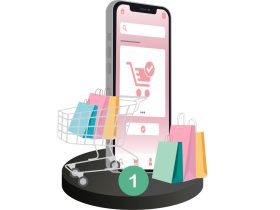




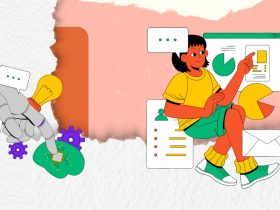
Leave a Review